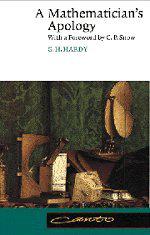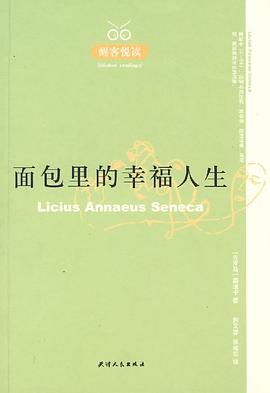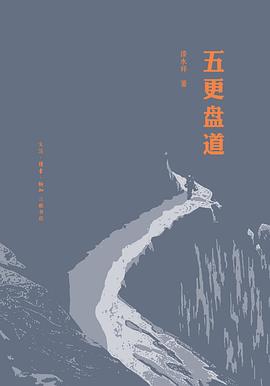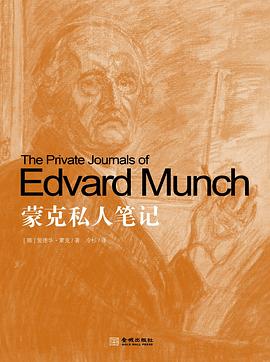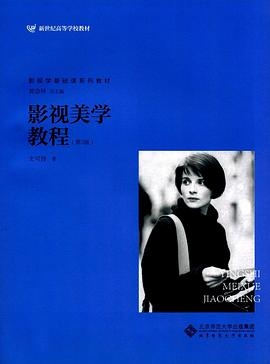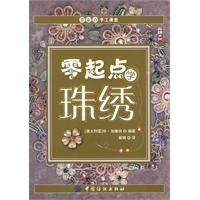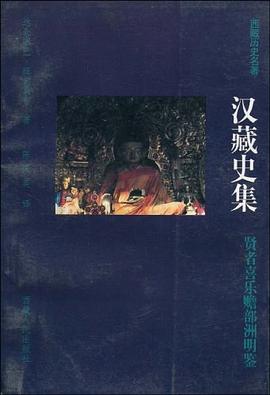A Mathematician's Apology
内容简介
G. H. Hardy was one of this century's finest mathematical thinkers, renowned among his contemporaries as a 'real mathematician ... the purest of the pure'. He was also, as C. P. Snow recounts in his Foreword, 'unorthodox, eccentric, radical, ready to talk about anything'. This 'apology', written in 1940 as his mathematical powers were declining, offers a brilliant and engaging account of mathematics as very much more than a science; when it was first published, Graham Greene hailed it alongside Henry James's notebooks as 'the best account of what it was like to be a creative artist'. C. P. Snow's Foreword gives sympathetic and witty insights into Hardy's life, with its rich store of anecdotes concerning his collaboration with the brilliant Indian mathematician Ramanujan, his aphorisms and idiosyncrasies, and his passion for cricket. This is a unique account of the fascination of mathematics and of one of its most compelling exponents in modern times.
......(更多)
作者简介
A Mathematician's Apology is a profoundly sad book, the memoir of a man who has reached the end of his ambition, who can no longer effectively practice the art that has consumed him since he was a boy. But at the same time, it is a joyful celebration of the subject--and a stern lecture to those who would sully it by dilettantism or attempts to make it merely useful. "The mathematician's patterns," G.H. Hardy declares, "like the painter's or the poet's, must be beautiful; the ideas, like the colours or the words, must fit together in a harmonious way. Beauty is the first test: there is no permanent place in the world for ugly mathematics."
Hardy was, in his own words, "for a short time the fifth best pure mathematician in the world" and knew full well that "no mathematician should ever allow himself to forget that mathematics, more than any other art or science, is a young man's game." In a long biographical foreword to Apology, C.P. Snow (now best known for The Two Cultures) offers invaluable background and a context for his friend's occasionally brusque tone: "His life remained the life of a brilliant young man until he was old; so did his spirit: his games, his interests, kept the lightness of a young don's. And, like many men who keep a young man's interests into their sixties, his last years were the darker for it." Reading Snow's recollections of Hardy's Cambridge University years only makes Apology more poignant. Hardy was popular, a terrific conversationalist, and a notoriously good cricket player.
When summer came, it was taken for granted that we should meet at the cricket ground.... He used to walk round the cinderpath with a long, loping, clumping-footed stride (he was a slight spare man, physically active even in his late fifties, still playing real tennis), head down, hair, tie, sweaters, papers all flowing, a figure that caught everyone's eyes. "There goes a Greek poet, I'll be bound," once said some cheerful farmer as Hardy passed the score-board.
G.H. Hardy's elegant 1940 memoir has provided generations of mathematicians with pithy quotes and examples for their office walls, and plenty of inspiration to either be great or find something else to do. He is a worthy mentor, a man who understood deeply and profoundly the rewards and losses of true devotion. --Therese Littleton
......(更多)
目录
......(更多)
读书文摘
总算是有一种科学,也即他们的数学,凭借着与人们生活中的各种活动保持疏远,而保全住自己的高洁。
每个事物都是其所是而不是其他任何事物。 我们选择谁做朋友,不是依据他们表现出人类所有的令人愉悦的特性,而是因为他们是他们所是的那种人。 怀特海:被恰当的特殊性所限制了的巨大的普遍性,才是富有成果的概念。
......(更多)
